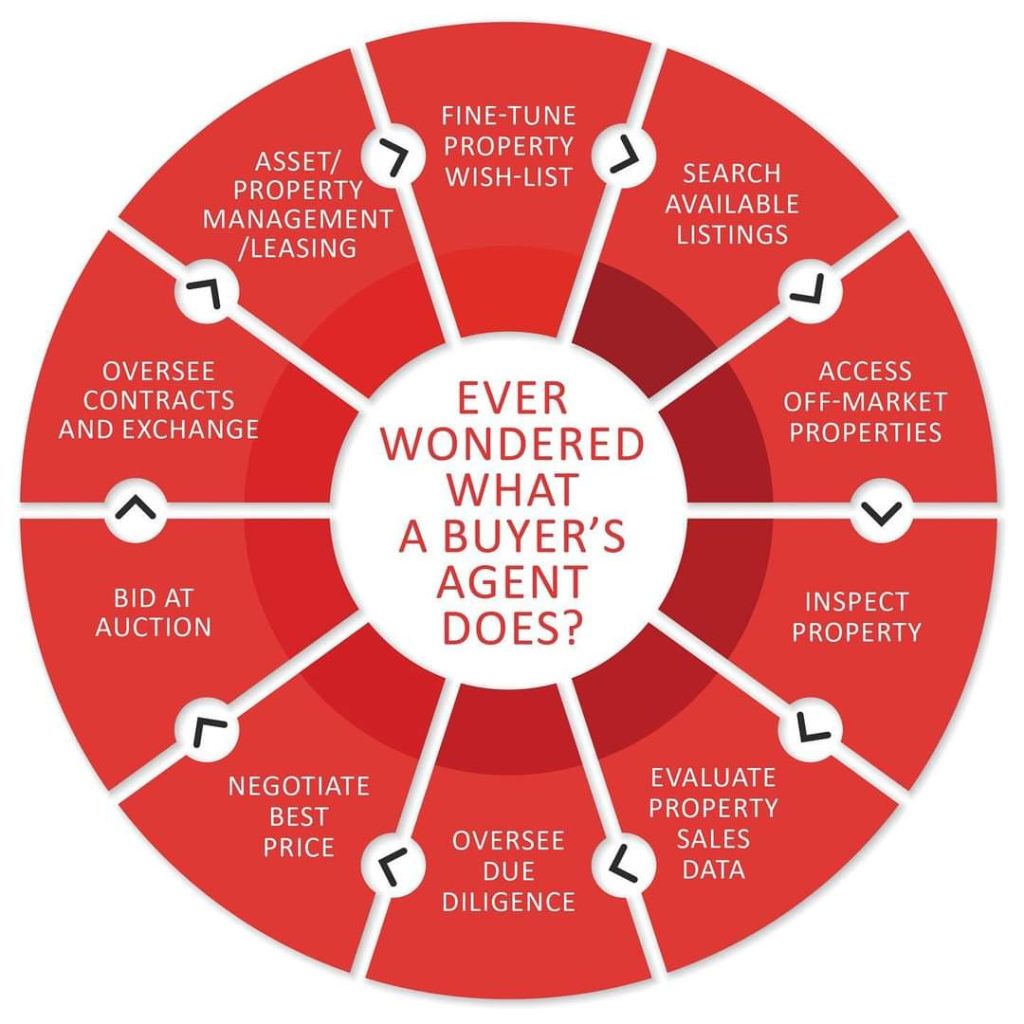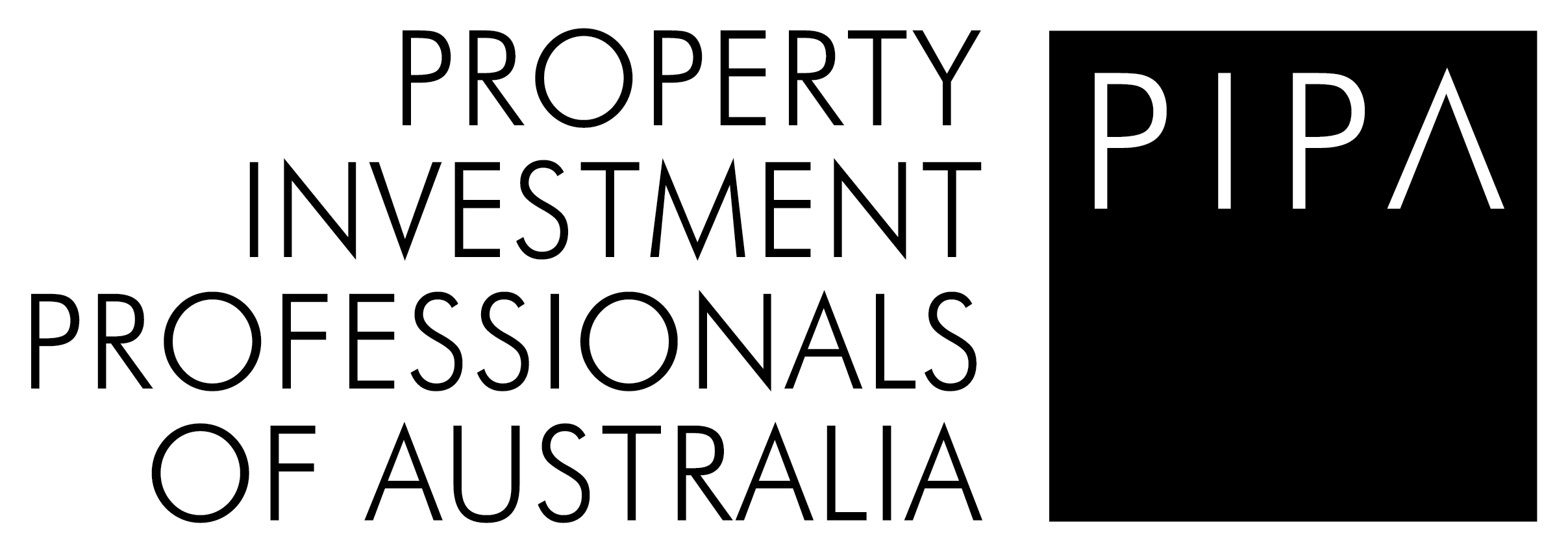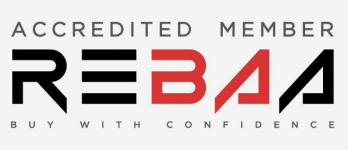UNDERQUOTING UNDER SCRUTINY
There’s an old saying in real estate: ‘Quote them low, watch them go.”
It may sound pithy and clever, but in reality, it is condoning a practice that is in fact illegal in many states.
We are, of course, talking about underquoting.
Underquoting, sometimes known as bait pricing, is when an agent sets a deliberately low price range on a property to drum up potential buyer interest.
Prospective buyers, excited by a listing seemingly within their price range, come flocking through the property and, in doing so, create a “buzz.” This in turn makes the vendor excited because he/she sees a huge amount of interest in their property.
Problems arise when the property then goes on to sell at a price far above that listed in the reserve, and well out of the reach of most of those who viewed the property.
PRICES AND TEMPERATURES RISE:
Recently a house in Caulfield North (Melbourne) sold for $1.56 million despite having a price tag of 1 – 1.1 million. And a Kingsville house, listed at a million, went for 1.4 million.
Naturally, this creates huge amounts of resentment amongst those who feel they have been “misled” and cheated.
Interestingly, underquoting has been around for donkey’s years, but it is only recently that consumers have had the social media platforms on which to air their grievances.
And it appears they are doing so in record numbers. “Burnt” would-be-buyers are taking to social media in record numbers to vent their anger at being misled or cheated by vendors’ sales agents.
This year has seen a whopping 129% increase in complaints compared to a similar time last year.
In answer to this public outcry, a group of real estate agencies are calling on our state government to make it compulsory to advertise reserve prices before auctions.
MY RESERVATIONS ABOUT THE RESERVE:
Tempering our approach
Whilst I share the general dissatisfaction regarding underquoting, I feel we need to temper our approach to rectifying the problem. There are two sides to this story, and we need to be sure that while catering to the buyers’ interests, we don’t forget those of the vendor.
I have been in the real estate game for over 20 years. Indeed, my father is an agent. I am a licensed estate agent CEA, (REIV) and the joint co-founder and Director of Master Advocates, an independent Buyers Advocacy practice.
I take a close interest in improving our profession, and am actively involved as both a REIV (Real Estate Institute of Victoria) Buyers Agent/ Committee and Members Council Delegate, and the Victorian State Representative for REBAA. (Real Estate Buyers Agents Association of Australia.)
And I’ve seen this argument about changing legislation and best practice come up every time the market rises.
My Belief
Recently, in The Age, I expressed my belief that although it can be useful for a buyer to know a vendor’s reserve price expectation, it should not be mandatory.
Many agents currently adhere to best practice, and I feel it would be wrong to punish the many because of the actions of a few. Rather, we should investigate the underquoting issue on a case-by-case basis and take measures against those who have deliberately exploited loopholes in the legal system.
The Environment
The past few months have seen a combination of low interest rates, government incentives for first homebuyers and lockdown lifestyle changes pushing prices way beyond their existing estimates.
In such instances, it is virtually impossible for agents to keep up with the demand and accurately calculate a final sales price.
Another issue that needs to be taken into account is the fact that vendors and sales agents will not know what price to set as a reserve until they have had a number of inspections and buyers have offered expressions of interest.
The more people who come through a house, the more chance there is of a price war escalating and this can significantly pump up the final selling price.
In some locations, properties deliver consistent predictable results and sales prices remain steady. This makes it relatively easy for an agent to correctly ascertain and set a reserve price.
But in other high-demand areas, such as established inner-city, bayside and regional suburbs, there is a high amount of competition for desirable properties, and this can drive prices up considerably.
WHAT DOES A BUYER’S AGENT DO? (WHAT DON’T THEY DO!!!)

At the end of the day, setting a reserve price should be at the owner’s discretion.
Owners/vendors need to exercise due diligence, in order to reach an informed decision. And the same goes for buyers. Buying a home is something that you will only do a couple of times in your life, so it’s not something you want to get wrong.
And that’s why I always advise people to enlist the help of a buyer’s agent.
A buyer’s agent serves much the same purpose as a shark cage. It protects you from sharks. Opportunistic agents looking to cash in on your naivety and lack of marketing experience.
But they also offer you a wide range of services that take all the stress of house-hunting off your hands.
WHY DO I ADVOCATE MASTER ADVOCATES?
Master Advocates are a REEBA Accredited Buyer’s Advocacy practice set up by myself and my wife Michelle in 2014.
Having been involved in all aspects of the real estate business since 2000, we know firsthand exactly how agents think and act. We also have the unique ability to be able to see the property market from the perspective of buyers, vendors, landlords and tenants. Why? Because at one stage or another, we have been all of these things.
Not only that, but we have represented literally thousands of clients in real estate transactions during the last 21 years as sales agents, auctioneers, property managers and both buyers & vendors advocates.
This puts us in a great position to provide guidance, consultative advice and advocacy service to all our clients, with a truly personalised approach.
CONCLUSIONS:
Buying your dream home or investment property should never become a nightmare. So here’s a few tips to keep you safe as houses.
1: Make sure you exercise due diligence on any place you are looking at.
2: Be familiar with a real estate agents’ obligations.
3: Look at other similar properties in the area and see what the reserve price and final recorded “sold” price is for those.
4: Consider engaging a REBAA accredited buyer’s agent to take care of the process. That way, you can “buy with confidence.”





